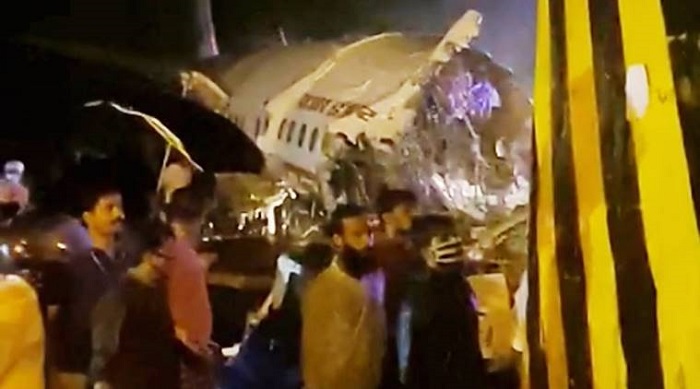New Delhi, Dec 13: State governments have no powers to reject the implementation of the Citizenship (Amendment) Act, 2019 as the legislation was enacted under the Union List of the 7th Schedule of the Constitution, a top official said on Friday.
The statement came after chief ministers of West Bengal, Punjab, Kerala, Madhya Pradesh, and Chhattisgarh announced that the law is "unconstitutional" and has no place in their respective states.
"The states have no powers to deny implementation of a central law which is in the Union List," the top official from the Home Ministry said.
There are 97 items which are under the Union List of the 7th Schedule that includes Defence, External Affairs, Railways, Citizenship, and Naturalisation, among others.
On Thursday, Kerala Chief Minister Pinarayi Vijayan had said that "an anti-constitutional law will have no place" in his state.
West Bengal Chief Minister Mamata Banerjee said, "In your (BJP) manifesto, instead of development issues, you have put in promise to divide the country. Why will citizenship be on the basis of religion? I will not accept this. We dare you...".
"You can pass laws in Lok Sabha and Rajya Sabha forcefully because you have the number. But we will not let you divide the country," she said.
Describing the act as a direct assault on India's secular character, Punjab Chief Minister Amarinder Singh said his government will not let the legislation to be implemented in his state.
"We have a majority in the assembly, and will block the bill," Singh said.
According to the Citizenship Act, members of Hindu, Sikh, Buddhist, Jain, Parsi and Christian communities who have come from Pakistan, Bangladesh and Afghanistan till December 31, 2014, and facing religious persecution there will not be treated as illegal immigrants but given Indian citizenship.
The act says the refugees of the six communities will be given Indian citizenship after residing in India for five years, instead of 11 years earlier.
Chhattisgarh Chief Minister Bhupesh Baghel said the act was clearly unconstitutional. "Whatever decision is made at the Congress party forum on the bill, will be applied in Chhattisgarh," he said.
The act also proposes to give immunity to such refugees facing legal cases after being found as illegal migrants.
Madhya Pradesh Chief Minister Kamal Nath said, "Whatever stand the Congress party has taken on the Citizenship Amendment Act, we will follow that. Do we want to be a part of a process that sows seeds of divisiveness?".
Senior Congress leader P Chidambaram also said the bill was a "brazen assault" on the fundamental ideas enshrined in the Constitution and the fate of the law will be decided in the Supreme Court.
The Citizenship (Amendment) Bill was passed by Rajya Sabha on Wednesday and by Lok Sabha on Monday.






Comments
Add new comment